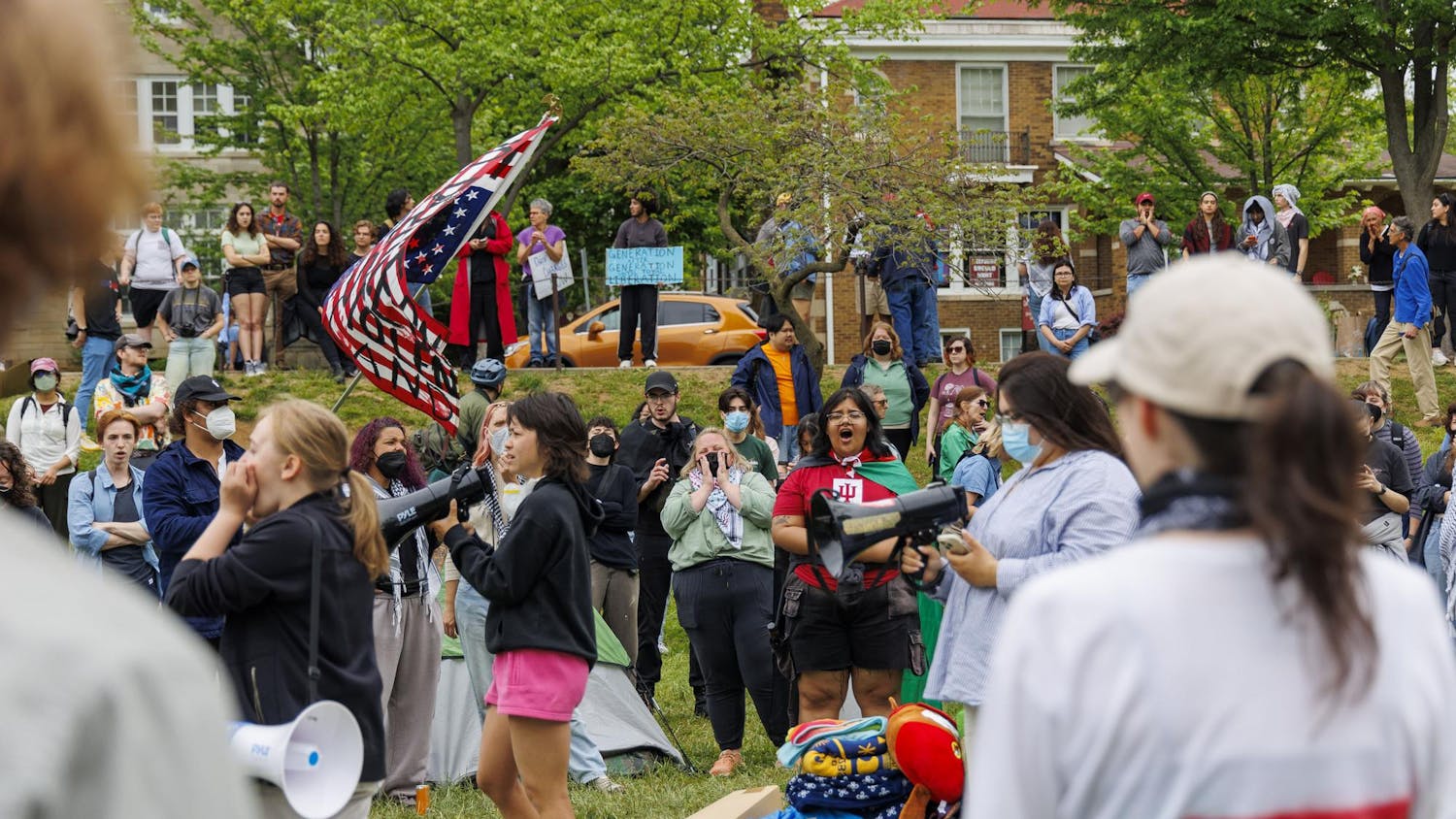Romantic Love, a cultural icon best known for inspiring millions of greeting cards, was found dead on Wednesday. He was more than 900 years old.\nThe cause of death was still undetermined by press time, but police said that the body's state indicated that he had been dead for some time. "There was little more left than a dried-out husk," said Detective Vincent Lupercalia, "And there were signs of predation, gnaw marks. We've brought in Celine Dion for questioning." Friends and relatives were likewise uncertain about the cause of death, but indicated that Love had been ill for some time. \n"Look at all his latest projects," cousin Platonic Love said, 'The Bachelorette,' 'Beauty and the Geek,' that last season of 'Flavor of Love'… I'm not sure if it was dementia, but he clearly wasn't well." The body was found by landlady Venus Grabyewski, who said she had entered Love's apartment after attempting to contact him for weeks. "He hadn't paid the rent in three months, I was trying to evict him," she said, "He was totally bankrupt."\nAlthough Love's precise birth date remains uncertain, popular belief holds that he was born Courtly Love in southern France in the late 11th century, the son of troubadours (known today as "dirty hippies"). Partnered with Chretien de Troyes, he scored an early hit with the late 12th century poem "Lancelot: Knight of the Cart." \nTroyes, a clergyman, used his extensive knowledge of human sexuality to give the poem its stark realism; while Love, always the idea-person, brought the radical notion that male-female relations could involve more than the transfer of property rights (an assertion still disputed today). More hits with other collaborators followed and, as feudalism declined, Love sought to broaden his appeal to commoners as well as nobles. Replacing Courtly with the more rugged "Romantic" (and dropping the stage-name "Cougar" that he'd adopted in the 13th century), Love soon embarked on his career's most productive partnership: that with playwright William Shakespeare. Having initially written only about murder, flatulence, political satire and other base subjects, Shakespeare enthusiastically embraced Love's input. And despite occasional strains (after a row over "Twelfth Night," Shakespeare once said "Sweet Love, I see, changing his property, turns to the sourest and most deadly hate"), they amassed a significant body of work -- including the successful play "Romeo and Juliet," later made into a 1996 film starring Leonardo DiCaprio and Claire Danes.\nAfter their partnership concluded, Love worked with many and various artists throughout the following three centuries, including Percy Bysshe Shelley, Lord Byron, Robert Burns, Emily Dickinson, William Butler Yeats and D.H. Lawrence. After a relatively lean period in the early 20th century, Love achieved newfound popularity for his association with The Beatles, culminating in the famed 1967 "Summer of Love." This period ended, unfortunately, with Love's misguided introduction of Yoko Ono to John Lennon, and, while busy afterward, his influence never achieved the same peak.\nHe is survived by his three children: Drunken Hookup, Marry For Money and Biological Clock Ticking.
Romantic Love, dead at 900
Get stories like this in your inbox
Subscribe





